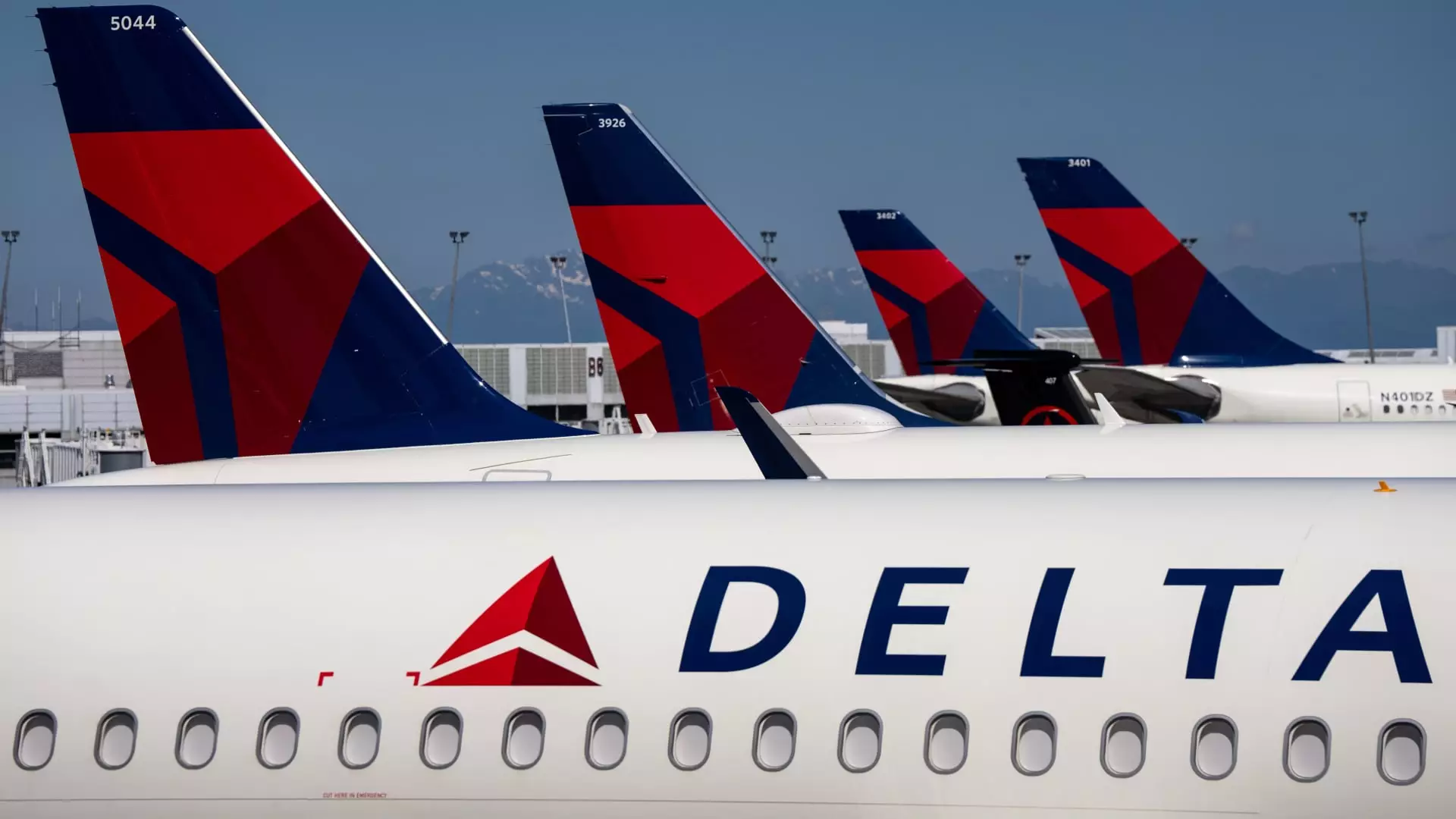Delta Air Lines recently found itself in a predicament that compelled the suspension of hot meal service on over 200 flights originating from its hub at the Detroit Metropolitan Wayne County Airport (DTW). The airline disclosed that this action was taken in response to a food safety issue identified during an inspection of its catering partner’s kitchen. The immediate shutdown of hot food production raised concerns not only about passenger satisfaction but also about health and safety regulations that airlines must adhere to.
In light of the inspection, Delta strategically redirected its catering operations to alternative facilities to ensure that passengers still receive onboard meals, albeit not of the customary hot variety. The decision to manage hot food and onboard provisioning from different kitchens underscores the airline’s commitment to maintaining service standards. This pivot reflects a proactive approach to crisis management in the aviation industry, where reliability and customer satisfaction are paramount.
On the ground, communication with passengers took precedence as Delta worked to navigate the challenges posed by the supply chain disruption. Crew members were informed of the situation via internal messages indicating that first-class meals would be unavailable due to the “unforeseen supply chain issue,” and alternative provisions were introduced in the form of snacks. Delta’s immediate compensation strategy included travel vouchers and frequent flyer miles, demonstrating an effort to maintain goodwill among affected customers. Such measures are crucial in retaining passenger loyalty amidst operational hiccups.
While Delta emphasized that no employees or customers were reported ill due to this food safety issue, the situation brings to light the stringent scrutiny that airlines and their catering partners undergo from regulatory bodies like the Food and Drug Administration (FDA). The swift response to halt food production illustrates not only adherence to safety protocols but also the potential ramifications that such disruptions can have on broader operational capacities. Airlines serve thousands of meals daily, and ensuring food safety is a non-negotiable standard that must be upheld.
Looking ahead, this incident serves as a reminder of the multitude of challenges airlines face in maintaining high service levels while prioritizing safety. As Delta Air Lines moves forward, the lessons learned from this episode may prompt a reevaluation of safety measures and supplier relationships. Ensuring robust contingency plans will be essential to mitigating future disruptions and sustaining passenger trust. Ultimately, the balance between operational efficiency and customer satisfaction remains pivotal in an ever-evolving airline industry.


Leave a Reply